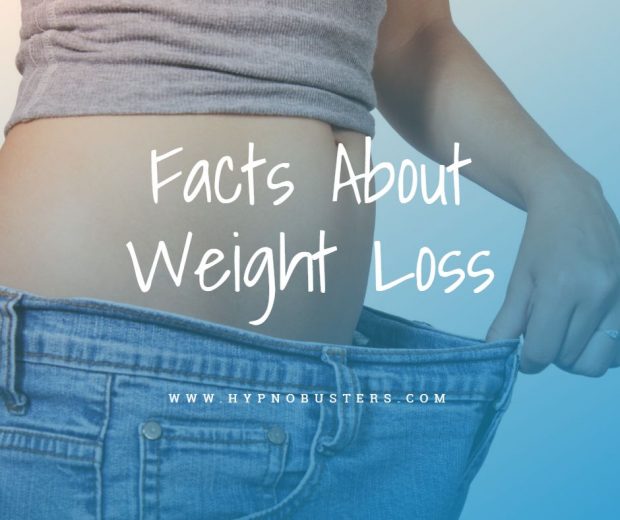Facts About Weight Loss…
In order to lose weight, it’s good to have as much knowledge as possible about weight loss.
Here’s some weight loss facts to help you better understand how to lose weight…
64% of the United States adult population is considered overweight. This percentage has increased over the last four decades. Excess weight has reached epidemic proportions globally, with more than 1 billion adults being overweight. Increases have been observed across all age groups.
CLICK HERE To Check Out My Gastric Band Hypnotherapy Pack
Being overweight is generally caused by eating more calories than are expended. Factors which contribute include…
- Limited physical exercise and sedentary lifestyle.
- Overeating.
- Poor nutrition.
- Genetic predisposition.
- Hormonal imbalances (e.g. hypothyroidism).
- Metabolic disorders, which could be caused by repeated attempts to lose weight by weight cycling.
- Eating disorders (such as binge eating).
- Alcoholism.
- Stress.
- Insufficient or poor-quality sleep.
Hypnosis can be used to treat all the above problems. This has the knock on effect of permanent weight loss.
Weight loss can decrease your likelihood of developing diseases such as diabetes, heart disease, high blood pressure, stroke, osteoarthritis, and certain types of cancer.

Jon Rhodes
Weight loss occurs when you are in a state of negative energy balance. When your body is spending more energy in work and heat than it’s gaining from food. It then uses stored reserves of fat or muscle.
Although weight loss may involve loss of fat, muscle or fluid, weight loss for the purposes of maintaining health should aim to lose fat while conserving muscle and fluid.
Being overweight has been identified as a cause of cancer, and is projected to overtake smoking as the primary cause in developed countries, as cases of cancer linked to smoking dwindle.
Psychological well-being is also at risk in overweight people. Discrimination is common socially and legally. This may affect their ability to find a partner or obtain employment.
Despite the widespread availability of nutritional information, it is evident that overeating remains a substantial problem. From 1971-2000, obesity rates in the United States increased from 14.5% to 30.9%. During the same time period, an increase occurred in the average amount of calories consumed.
For women, the average increase was 335 calories per day (1542 calories in 1971 to 1877 calories in 2004). For men the average increase was 168 calories per day (2450 calories in 1971 and 2618 calories in 2004). Most of these extra calories came from an increase in carbohydrate consumption rather than an increase in fat.
The primary sources of these extra carbohydrates are sweetened drinks. This accounts for almost 25 percent of daily calories in young adults. Dietary trends have changed with reliance on energy-dense fast-food meals tripling between 1977 and 1995. Calorie intake from fast food quadrupling over this period.
In the early 1980s in the US, regulations were lifted that limited the advertising of sweets and fast food to children. The advertisements of these products directed at children has increased. Bad habits are instilled at a young age, making them harder to shake.
Agricultural policy and techniques in the United States and Europe have led to lower food prices. In the United States, subsidisation of corn, soy, wheat, and rice through the U.S. farm bill has made the main sources of processed food relatively cheap compared to fruits and vegetables.
There is a common misconception that obese people eat little and gain weight due to a low metabolism. There is no scientific support for this idea. What has been found is that obese people under report how much food they actually consume.
A crash diet is where a person wilfully restricts themselves of all nourishment (except water) for more than 12 hours. The desired result is to burn fat for energy with the goal of losing weight quickly. Crash dieting is not the same as flexible intermittent fasting, where dieters fast for 2 days each week and calories are cycled. Generally the weight lost in a crash diet returns when normal eating resumes.
It is healthier and more successful in the long run to make small permanent changes to your lifestyle. It could be cutting sugar in coffee, stopping drinking fizzy drinks or walking to the local shops instead of driving. Hypnosis can help you make these permanent changes which helps permanent weight loss.
When reading facts about weight loss, it is clear that to lose weight, you MUST make some lifestyle changes. By continuing to live the same way, you won’t lose weight. As the saying goes, “Do the same things, and expect the same results”.
UPDATE! We’ve been getting loads of feedback about massive permanent weight loss with our Gastric Band Hypnotherapy Session. Here’s a few examples bellow…
CLICK HERE To Check Out My Gastric Band Hypnotherapy Pack
Please CLICK HERE To Check Out My Gastric Band Hypnotherapy Pack


